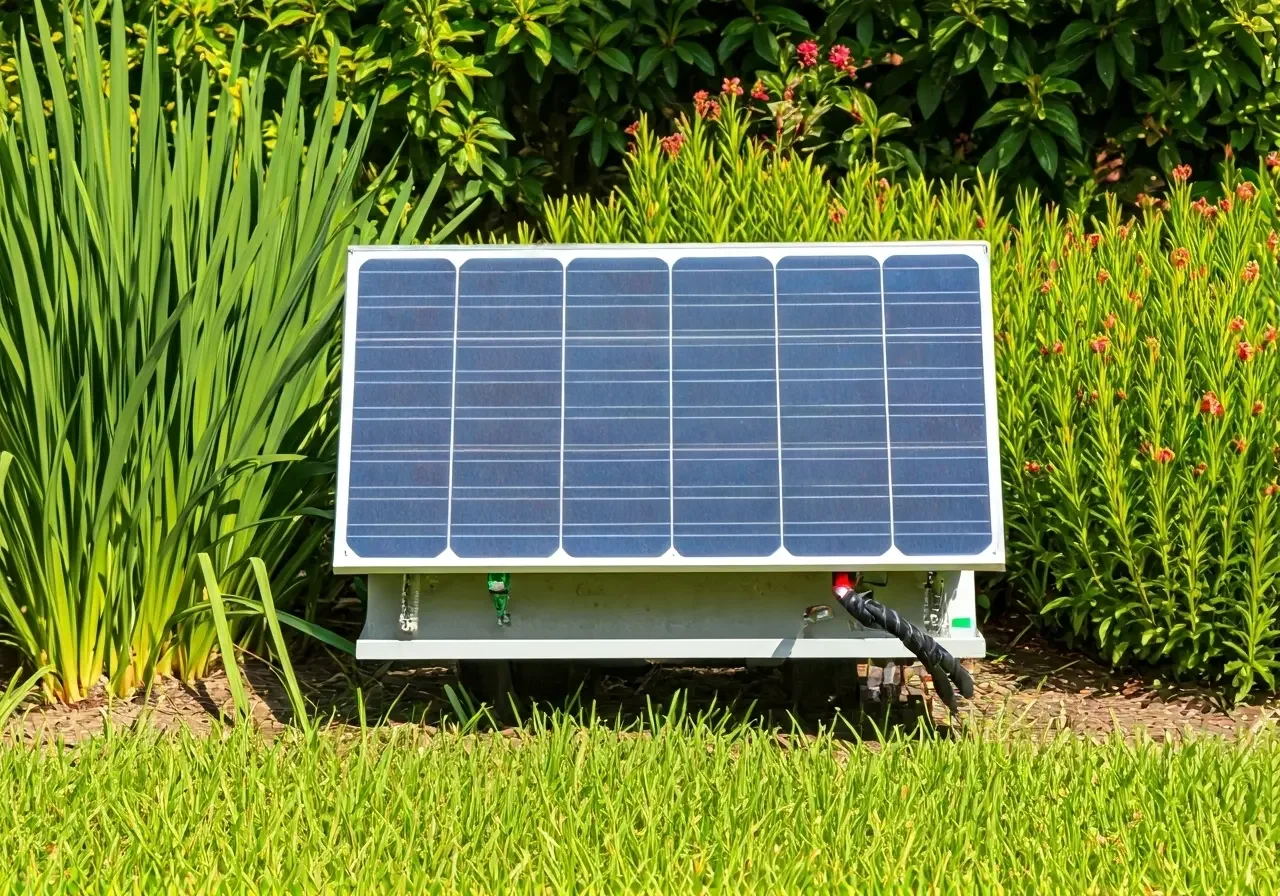Understanding the Eco-Friendly Benefits of Solar Batteries
In a world increasingly focused on sustainable living, solar batteries have emerged as a crucial component of eco-friendly energy solutions. By storing energy harnessed from the sun, these batteries not only offer reliable access to renewable power but also contribute significantly to reducing environmental impact. This blog will explore the various ecological advantages of integrating solar batteries into our energy systems.
The Basics of Solar Batteries
Solar batteries work by storing energy collected from solar panels, allowing for the conservation of electricity for later use. This ensures a consistent power supply even when the sun isn't shining, making solar energy more reliable and efficient. By capturing the sun's rays and converting them into electricity, these batteries provide a dependable alternative to traditional power sources that can be less predictable and more costly.
The functioning of solar batteries is fascinatingly simple yet effective. When solar panels on rooftops generate electricity during the day, not all of it is consumed immediately. The excess energy is stored in solar batteries, which can discharge this power when the sun has set or during cloudy days. This not only ensures continuous energy availability but also maximizes the use of green energy, enhancing the overall efficacy of solar power systems.
By integrating solar panel technology with batteries, households can ensure that they are making full use of renewable energy resources. These systems are especially beneficial for areas prone to power outages, as they offer a seamless transition to stored energy, ensuring that homes remain powered without interruption.
Reducing Carbon Footprint
One of the major eco-friendly benefits of solar batteries is their ability to significantly reduce our carbon footprint. By utilizing energy from the sun, we decrease our reliance on fossil fuels, leading to fewer greenhouse gas emissions and a healthier planet. Every kilowatt-hour of solar-powered electricity stored in a battery represents a step away from traditional coal-based power, which has long been identified as a leader in carbon emissions and environmental degradation.
Moreover, adopting solar batteries reduces the need for energy generated from fossil fuels, which are a major source of air and water pollution. Transitioning to solar solutions not only conserves natural resources but also minimizes pollution levels, contributing to cleaner air and healthier communities. The tangible impacts of these reductions are not just ecological but also boost public health, reducing respiratory problems and other health issues linked to fossil fuel-related pollution.
Minimizing Energy Waste
Solar batteries prevent energy waste by capturing excess solar power that would otherwise be lost. This stored energy can be used during peak demand times, making the energy system more efficient and reducing the need for additional non-renewable power generation. As energy demands continue to rise globally, this strategic storage becomes a key factor in managing available resources effectively.
In conventional setups, surplus energy produced during periods of low demand frequently goes to waste. However, with solar batteries, this valuable energy is stored and made accessible when needed the most, such as during overcast days or high consumption periods. This efficient use of resources not only curtails waste but also promotes financial savings by lowering energy costs associated with peak-time consumption.
Enhancing Energy Independence
By relying on solar batteries, individuals and communities can achieve greater energy independence. This not only reduces exposure to fluctuating energy prices but also supports local, self-sufficient energy solutions that align with sustainable practices. Energy independence means reducing our reliance on large utility companies and fossil fuels, thereby minimizing our vulnerability to global market dynamics and political tensions that can affect energy availability and pricing.
The journey towards energy autonomy is further supported by decreasing costs associated with solar technology. Solar batteries allow users to disconnect from traditional grids partially or wholly, paving the way for decentralized energy systems that are more resilient and adaptive, and providing a hedge against rising electricity tariffs.
Supporting Grid Stability
Solar batteries contribute to grid stability by balancing supply and demand. During times of high energy production, they store surplus power, which can then be fed back into the grid when production dips, aiding in a steady and reliable energy supply. This balance helps in smoothing out the fluctuations that can occur on sunny versus cloudy days or during shifts in usage patterns.
Furthermore, by supporting grid stability, solar batteries reduce the risk of blackouts and brownouts that can be costly and inconvenient. They act as a buffer, absorbing shocks from sudden spikes or drops in energy supply and demand. This capability is particularly crucial as we move towards a future that heavily relies on renewable energy sources, which naturally fluctuate with environmental conditions.
Integrating solar technology with grid operations represents a strategic move towards more resilient infrastructure. This suggests a future with a balanced, consistent energy supply that supports the transition to renewable energy while addressing contemporary challenges related to energy consumption and availability.
Embracing Solar Batteries for a Greener Future
Solar batteries represent a forward-thinking approach to energy consumption, offering both environmental and economic advantages. By embracing this technology, we take a meaningful step towards a more sustainable and eco-conscious future. As we continue to seek innovative solutions to protect our planet, solar batteries stand out as a powerful tool in our renewable energy arsenal. To learn more about how you can integrate solar solutions into your life, visit SunFusion Energy Solutions today.


